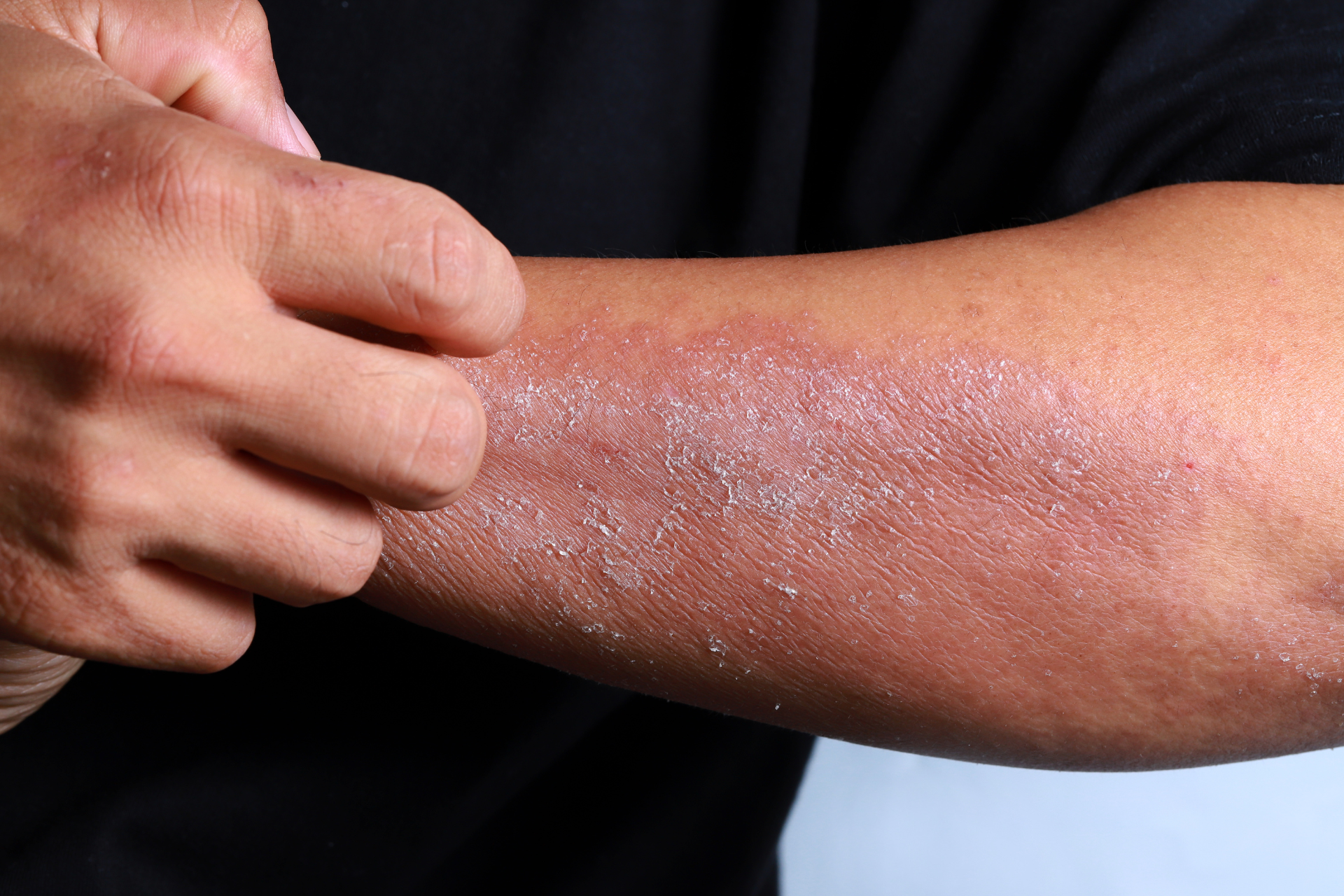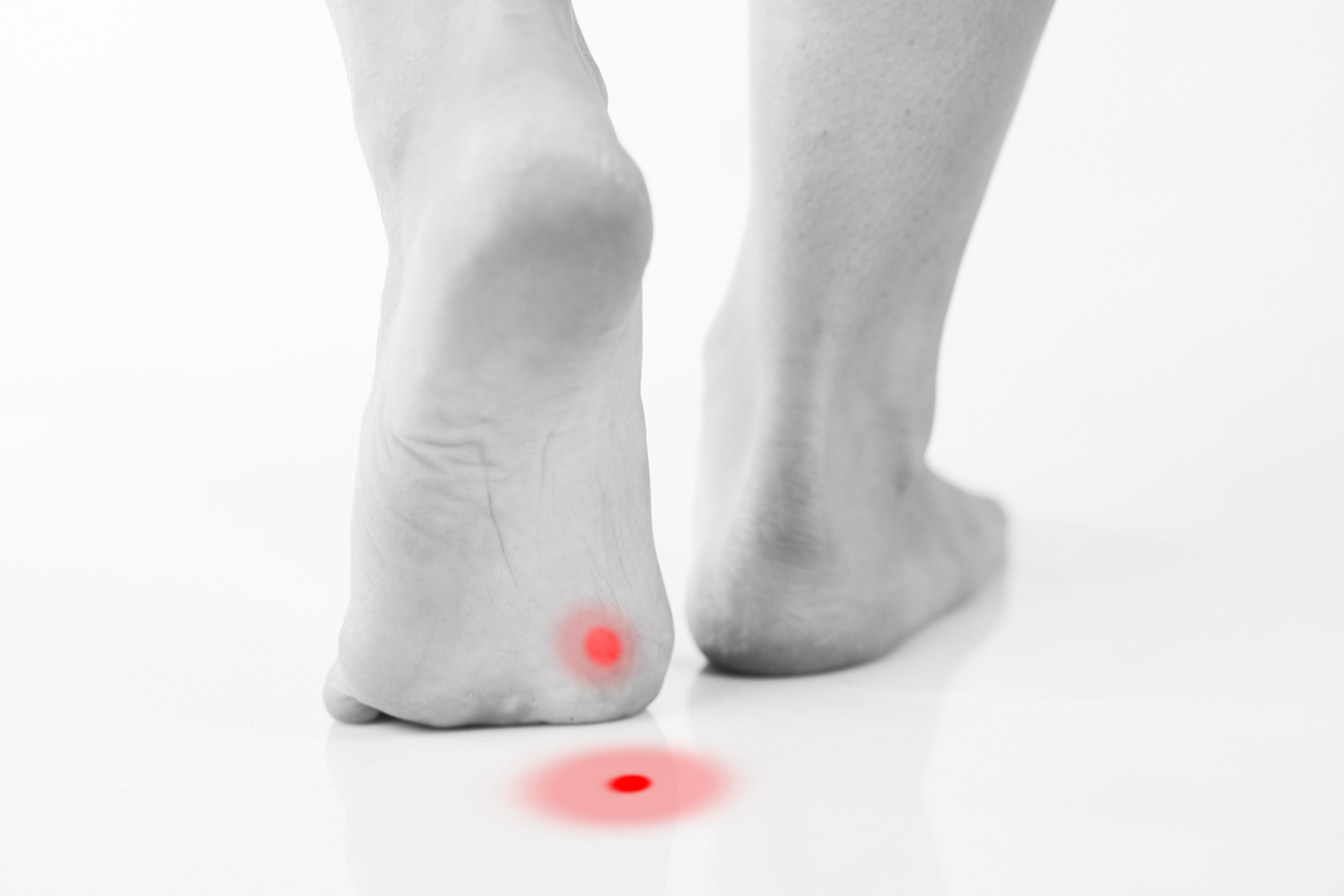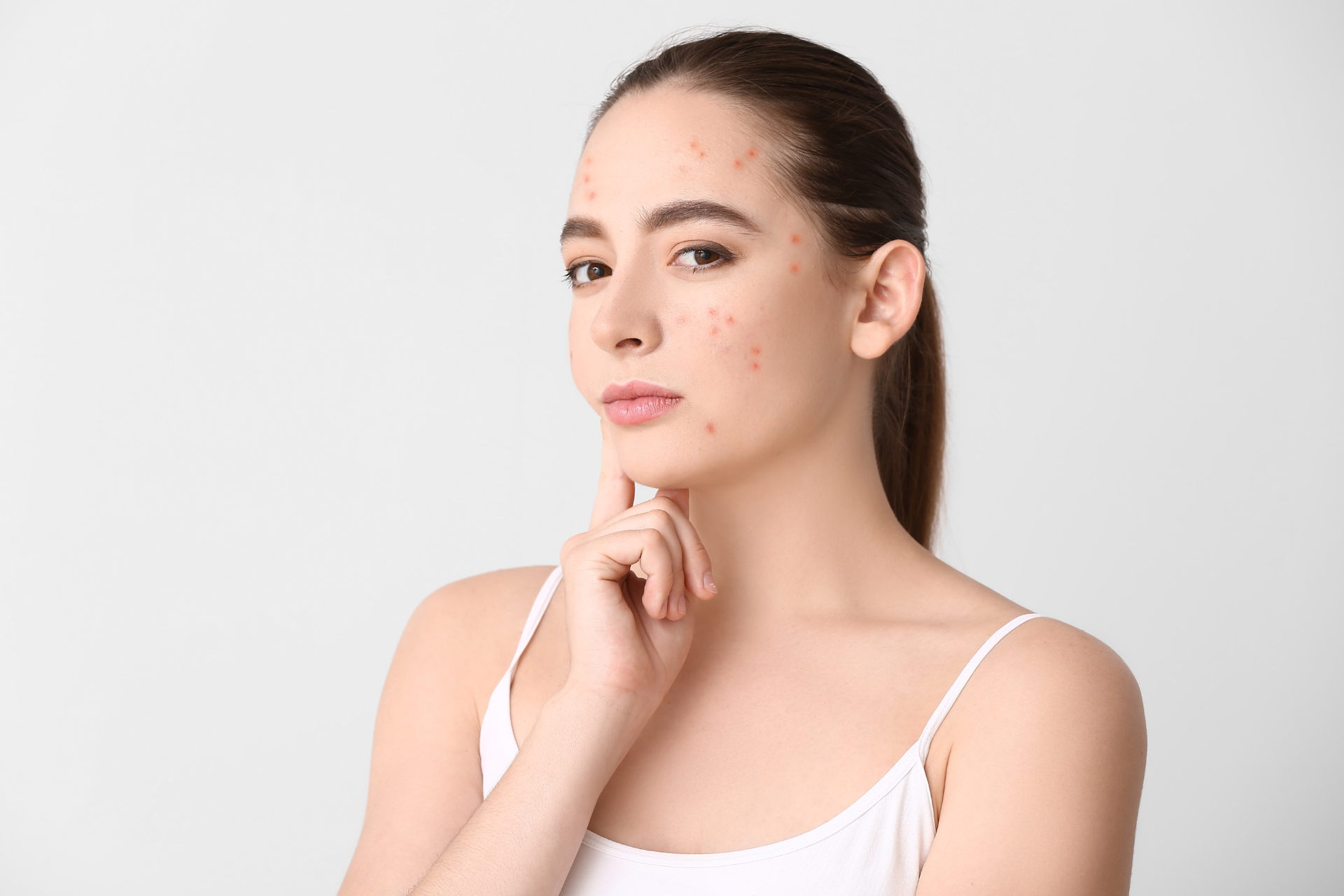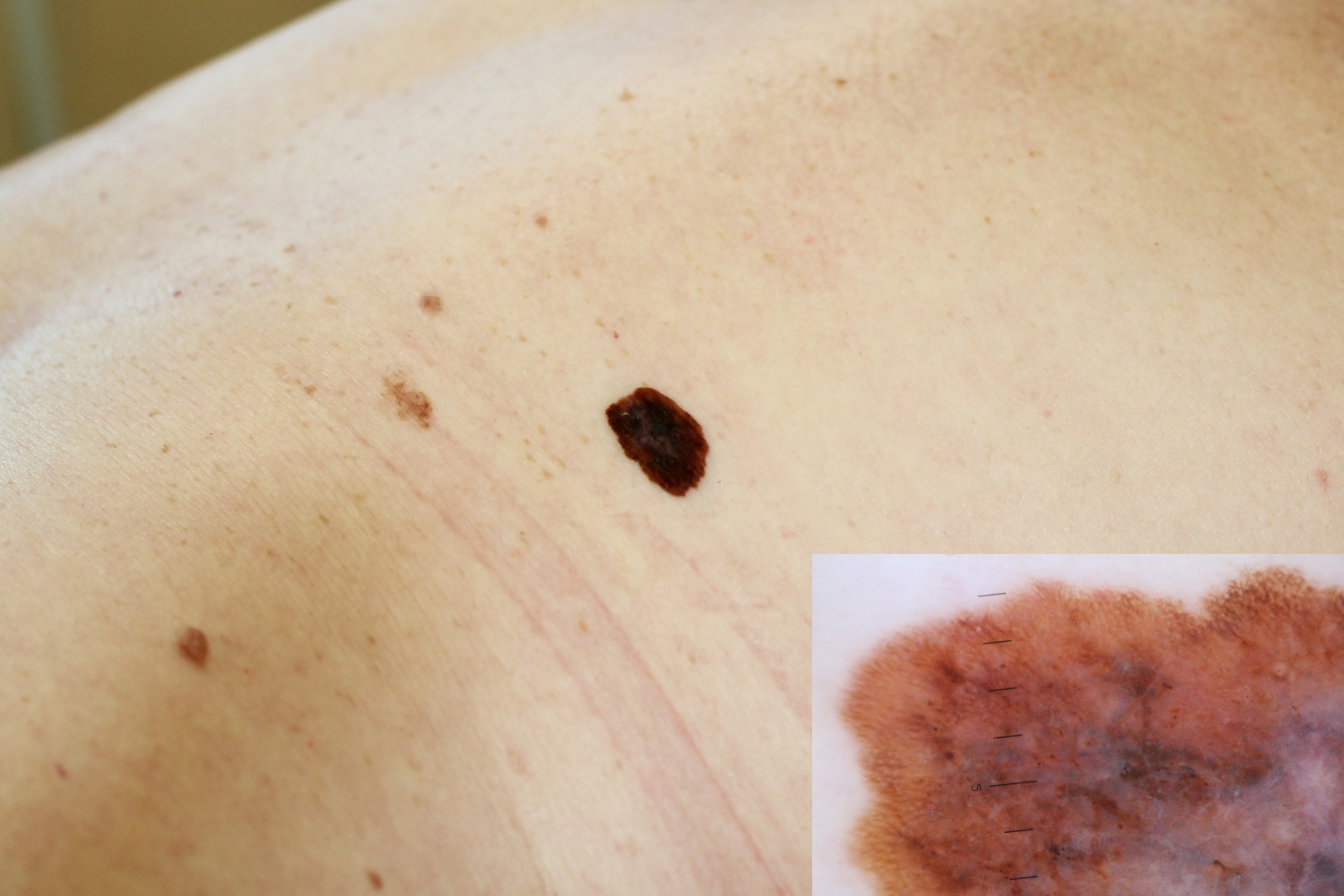Understanding Eczema: Causes, Symptoms, and Treatments

Eczema is a common skin condition that affects people of all ages, causing discomfort, itching, and inflammation. At Fall Creek Skin and Health Clinic, we understand the impact eczema can have on our patients' lives and are here to provide effective treatments and support. In this post, we'll explore the causes, symptoms, and treatments for eczema to help you better understand this chronic skin condition.
What is Eczema?
Eczema, also known as atopic dermatitis, is a chronic skin condition characterized by inflammation, itchiness, and redness. It can affect people of all ages, from infants to adults, and is thought to be related to an overactive immune system response. Eczema is not contagious, but it can be triggered by a variety of factors, including genetics, environmental factors, and allergens.
Causes of Eczema
While the exact cause of eczema is not fully understood, researchers believe that a combination of genetic and environmental factors play a role in its development. People with a family history of eczema, asthma, or allergies are more likely to develop eczema themselves. Environmental factors such as exposure to certain allergens, irritants, or harsh chemicals can also trigger eczema flare-ups.
Symptoms of Eczema
The symptoms of eczema can vary from person to person, but common signs include:
- Dry, sensitive skin
- Red or inflamed patches of skin
- Severe itching
- Crusting or oozing of the skin
- Thickened or scaly skin
Eczema can be a frustrating condition to deal with, as the symptoms can come and go unpredictably. Identifying and managing triggers can help reduce flare-ups and improve the overall quality of life for those living with eczema.
Treatments for Eczema
At Fall Creek Skin and Health Clinic, we offer a range of treatments to help manage and alleviate the symptoms of eczema. Treatment options may include:
1. Topical Steroids
Prescription-strength creams or ointments may be prescribed to reduce inflammation and itching.
2. Moisturizers
Keeping the skin well-hydrated with emollients and moisturizers can help prevent dryness and itching.
3. Antihistamines
Oral antihistamines can help relieve itching and improve sleep for those with severe eczema.
4. Steroid Injections
For more severe cases of eczema, steroid injections may be recommended to reduce inflammation.
5. Lifestyle Changes
Avoiding triggers such as certain foods, harsh soaps, and environmental allergens can help prevent flare-ups.
6. Phototherapy
In some cases, light therapy may be recommended to help reduce inflammation and itching.
It's important to work closely with your healthcare provider to develop a treatment plan that is tailored to your specific needs and lifestyle. Our team at Fall Creek Skin and Health Clinic is dedicated to providing compassionate care and support for patients living with eczema.
In conclusion, eczema is a common skin condition that can have a significant impact on an individual's quality of life. By understanding the causes, symptoms, and treatment options for eczema, patients can take control of their condition and find relief. If you or a loved one are struggling with eczema, don't hesitate to reach out to the experts at Fall Creek Skin and Health Clinic for personalized care and support.




